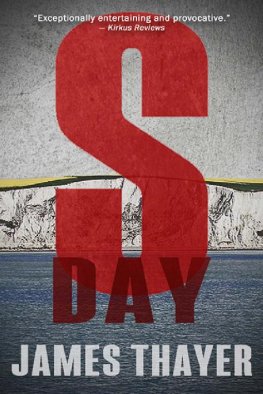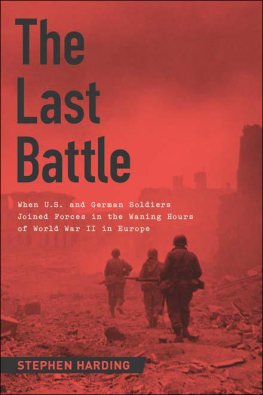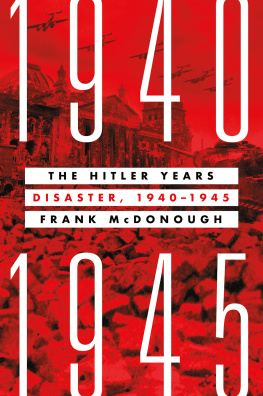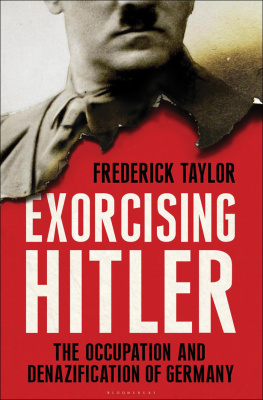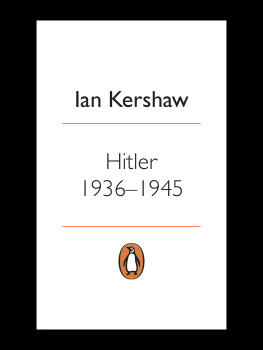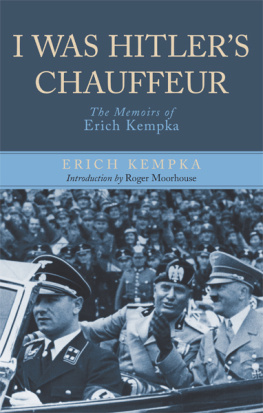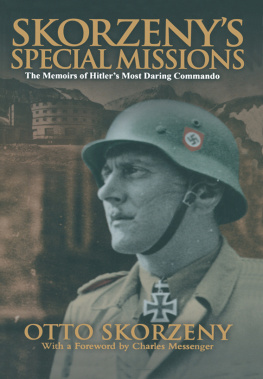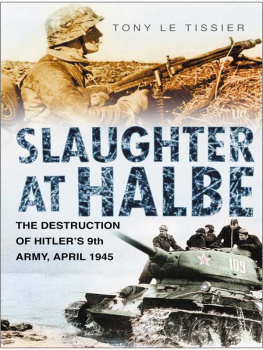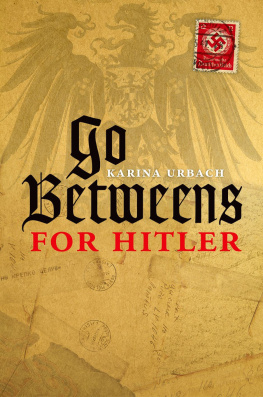James Thayer - Five Past Midnight
Here you can read online James Thayer - Five Past Midnight full text of the book (entire story) in english for free. Download pdf and epub, get meaning, cover and reviews about this ebook. year: 1998, publisher: Pocket, genre: Detective and thriller. Description of the work, (preface) as well as reviews are available. Best literature library LitArk.com created for fans of good reading and offers a wide selection of genres:
Romance novel
Science fiction
Adventure
Detective
Science
History
Home and family
Prose
Art
Politics
Computer
Non-fiction
Religion
Business
Children
Humor
Choose a favorite category and find really read worthwhile books. Enjoy immersion in the world of imagination, feel the emotions of the characters or learn something new for yourself, make an fascinating discovery.

- Book:Five Past Midnight
- Author:
- Publisher:Pocket
- Genre:
- Year:1998
- Rating:4 / 5
- Favourites:Add to favourites
- Your mark:
- 80
- 1
- 2
- 3
- 4
- 5
Five Past Midnight: summary, description and annotation
We offer to read an annotation, description, summary or preface (depends on what the author of the book "Five Past Midnight" wrote himself). If you haven't found the necessary information about the book — write in the comments, we will try to find it.
Five Past Midnight — read online for free the complete book (whole text) full work
Below is the text of the book, divided by pages. System saving the place of the last page read, allows you to conveniently read the book "Five Past Midnight" online for free, without having to search again every time where you left off. Put a bookmark, and you can go to the page where you finished reading at any time.
Font size:
Interval:
Bookmark:


FIVE PAST MIDNIGHT
A NOVEL
JAMES THAYER
SIMON & SCHUSTER
_ SIMON & SCHUSTER
Rockefeller Center
1230Avenue of the Americas New York, NY 10020
This book is a work of fiction. Names, characters, places, and incidents either are products of the author's imagination or are used fictitiously. Any resemblance to actual events or locales or persons, living or dead, is entirely coincidental
Copyright 1997 by James Stewart Thayer
All rights reserved,
including the right of reproduction
in whole or in part in any form
SIMON & SCHUSTER and colophon are
registered trademarks of Simon & Schuster Inc
Designed by Edith Fowler
Manufactured in the United States of America
10987654321
Library of Congress Cataloging-m-Publication Data Thayer, James Stewart Five past midnight a novel by James Thayer p cm
1 Roosevelt, Franklin D (Franklin Delano), 1882- 1945 Fiction
2 World War, 1939-1945Fiction I Title PS3570H347F58 1997 97-12446 CIP 81354dc2l ISBN 0-684-80025-X
Victory is a thing of the will.
FERDINAND FOCH
Contents
Prologue
THE WHITE HOUSE APRIL 4, 1945
DONOVAN NEVER recorded the meeting in his journal, but he would remember it in fine detail to the end of his days. It began when the usher tapped lightly on the massive oak door, then pressed a small button hidden in the wainscoting to notify the Secret Service watch officer that the spymaster was about to enter the office. Above the button a portrait of Andrew Jackson glared down at them.
"He's expecting you, General," the usher said in a low voice appropriate for the august place. When he pushed open the door, the spymaster stepped through.
Franklin D. Roosevelt was sitting behind his desk, his face green in the light of a banker's lamp. The chandelier had been doused, the blackout curtains were drawn across the windows, so the walls of the Oval Office were a periphery of darkness. A mail pouch, copies of the New York Times and the Washington Post, a pitcher and glass, and several marble paperweights were on the desk.
The president waved the general into the room. Behind the desk, two tasseled United States flags hung from poles. The pennant Roosevelt had designed for himself when he was assistant secretary of the navy was displayed on a smaller staff near the fireplace. On a stand at the end of the desk was an intricate reproduction of the USS Constitution, one of the many ship models in the president's collection.
General William Donovan, director of the Office of Strategic Services, placed a manila envelope on the desk, pushing it across to the blotter so the president would not have to use the tongs he kept in a drawer. White House carpenters had raised the desk six inches to accommodate the president's wheelchair, and when Donovan sat in the low leather chair opposite the president, the desktop came almost to Donovan's shoulders.
Roosevelt chided the general by lifting the envelope and making a production of weighing it. "You are a lawyer by profession, Bill. You write briefs. But you never write anything brief."
Donovan should have chuckled dutifully. Not this night. The contents of the envelope precluded levity. Like most Americans, the general loved Roosevelt's voice, the fireside companion that had carried America through the bleak years. Every time the general heard that silky, compelling, faintly exotic voice, he felt rejuvenated and stronger. But again, not this night, not with the envelope.
Roosevelt pulled a Camel from its pack and stabbed it at a Bakelite holder that had white teeth marks on the stem. His hands trembled, and only after three attempts did he succeed in planting the cigarette. When he leaned forward for his Ronson, the president's face came into the lamplight. Donovan's breath caught.
Twenty-three of Roosevelt's sixty-two years had been spent in a wheelchair. Yet he had been the most vibrant man Donovan had ever met, exuding health and virility and energy. The president had possessed a sheer physical magnetism. But in the three weeks since their last meeting, Roosevelt's skin had taken on a ghastly pallor and a translucence that revealed the skull beneath. The bags under his eyes had darkened, and his lips had acquired a blue tinge. Stray strands of his hair flitted like insects in the lamplight above his head. The president was wearing a tweed jacket so old that it was shiny.
Roosevelt inhaled the smoke deeply then let it trail out his nostrils. He abruptly lifted his head in the manner that led many to suppose he was arrogant but which simply allowed him to see through his spectacles. "Can you spare me all the reading, Bill? It's late."
Bill Donovan was in plainclothes, as always. He was a small man, and scrappy, with ajuttingjaw and a boxer's nose. Harry Hopkins, called him the Irish terrier because the OSS chief always seemed on his hind legs at the end of a leash waiting for his master to let him go. Tonight he would try again.
"Mr. President, I will summarize the contents of my envelope in three sentences."
Roosevelt grinned appreciatively.
"First, each and every day the war in Europe continues, twenty- eight thousand men, women, and children die."
The president's smile vanished.
"Second, a group of German staff officers is ready to assume leadership of the Third Reich if an opportunity arises, and will instantly surrender."
Roosevelt's eyes lost their avuncular angle and became unreadable. He lowered the cigarette holder to an ashtray.
"Finally, Mr. President, we have confirmation of General Eisenhower's report that the German SS is preparing a national redoubt in the Bavarian Alps, where Hitler may be able carry on the war for another two years."
President Roosevelt started to speak but his throat rattled, and he bent low over the blotter, caught in a coughing fit that left him breathless and even more pale. He lifted the glass of water with a shaking hand. Water splashed to the desktop. He sipped carefully.
He was finally able to rasp, "The bastard is going to outlive me, isn't he?"
Donovan avoided the question. "Hitler has recently pledged, and I use his words, that he will fight 'until five minutes past midnight.'"
The president blinked several times, and his mouth silently moved. He seemed awash in melancholy. He gripped the wheelchair rims and backed away from the desk. Carpet in the Oval Office had been removed to allow the wheelchair to move more easily. He rolled to a window overlooking the lawn. Most Americans had long before taken down their blackout curtains, but Roosevelt liked "to remain on war footing," as he once told Donovan. The president pushed aside the curtain, a small act that seemed to consume the last of his strength. It was ten o'clock in the evening. Streetlights and garden lamps and the Washington Monument were dark for the duration, so there was nothing to be seen through the window.
Yet he peered into the blackness for a full minute. Then without turning away from the window, he said softly, as if in the presence of the dead, "You take care of it, Bill."
That was just enough. General Donovan rose from the chair, retrieved the manila envelope, and fairly sprinted out of the office.
PART ONE
BERLIN APRIL 7, 1945
OTTO DIETRICH was curled on the metal cot under a tattered blanket that smelled of urine and old blood. The blanket was alive with biting and burrowing vermin, yet he lay motionless, 1 too uncaring to scratch. His eyes were closed tightly and his mouth was pulled taut in fear.
Next pageFont size:
Interval:
Bookmark:
Similar books «Five Past Midnight»
Look at similar books to Five Past Midnight. We have selected literature similar in name and meaning in the hope of providing readers with more options to find new, interesting, not yet read works.
Discussion, reviews of the book Five Past Midnight and just readers' own opinions. Leave your comments, write what you think about the work, its meaning or the main characters. Specify what exactly you liked and what you didn't like, and why you think so.

